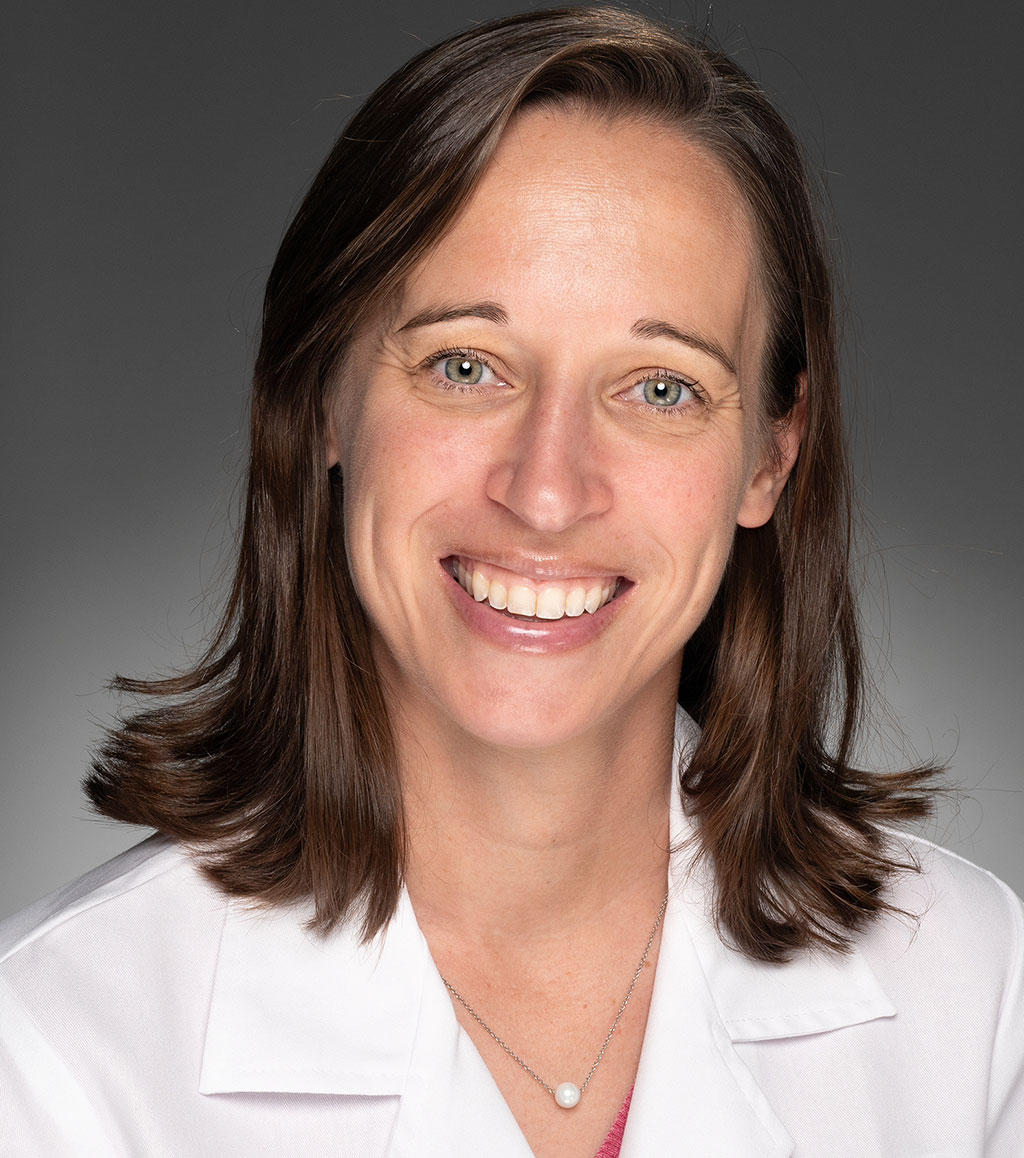
New-Onset Seizure Clinic Seeks to Decrease Wait Time for Initial Evaluation
A child's first unprovoked seizure is one of the most common problems referred to pediatric neurologists. This affects up to 40,000 children each year. While most of these patients will never have a second seizure, it is a frightening time for the family as they await diagnostic workup and neurology consultation.
To help expedite care, Cook Children's Neurosciences has opened a New-Onset Seizure Clinic for children referred from the emergency room for a first unprovoked seizure. In most cases, these patients will receive an appointment within 1-2 weeks. A same-day EEG will be performed to allow the neurologist to fully counsel the family on diagnosis and the risk of seizure recurrence. The clinic is currently led by Rebecca Luke, D.O. and Rachelle Herring, M.D.
By performing the seizure workup rapidly in an outpatient setting, we can reduce costly hospitalizations performed for diagnostic purposes. We also aim to optimize the patient's safety and reduce repeat emergency room visits through early education and establishment of a treatment plan.
Who should be referred?
Any child with one or more unprovoked seizures who:
- Is not yet on an anti-epileptic medication
- Has not had an EEG
- Has not already established care with Cook Children's Neurology or other neurologist
Febrile seizures, suspected psychogenic non-epileptic events and other events that are not clearly seizure should be referred to the general neurology clinic to determine if EEG is necessary.
What can patients expect?
- Patients will be scheduled for a sleep-deprived EEG followed by neurology consultation
- Total appointment time will be around 2.5 hours
- Family will receive preliminary EEG results at the time of neurology consultation
- The family will receive education about seizures and emergency management, and the neurologist will make recommendations as indicated for additional diagnostic testing and therapies
By establishing this clinic, we will be able to better support and educate families as they go through this anxiety-ridden time. In the future, we plan to expand our education services by providing support groups for families with a new diagnosis of epilepsy.

